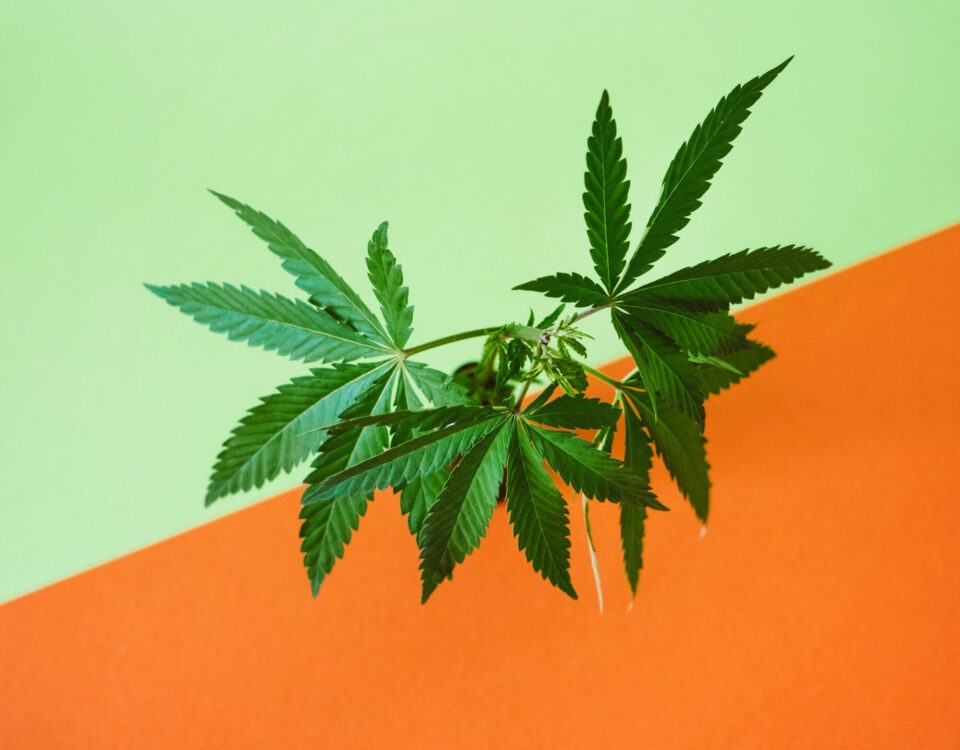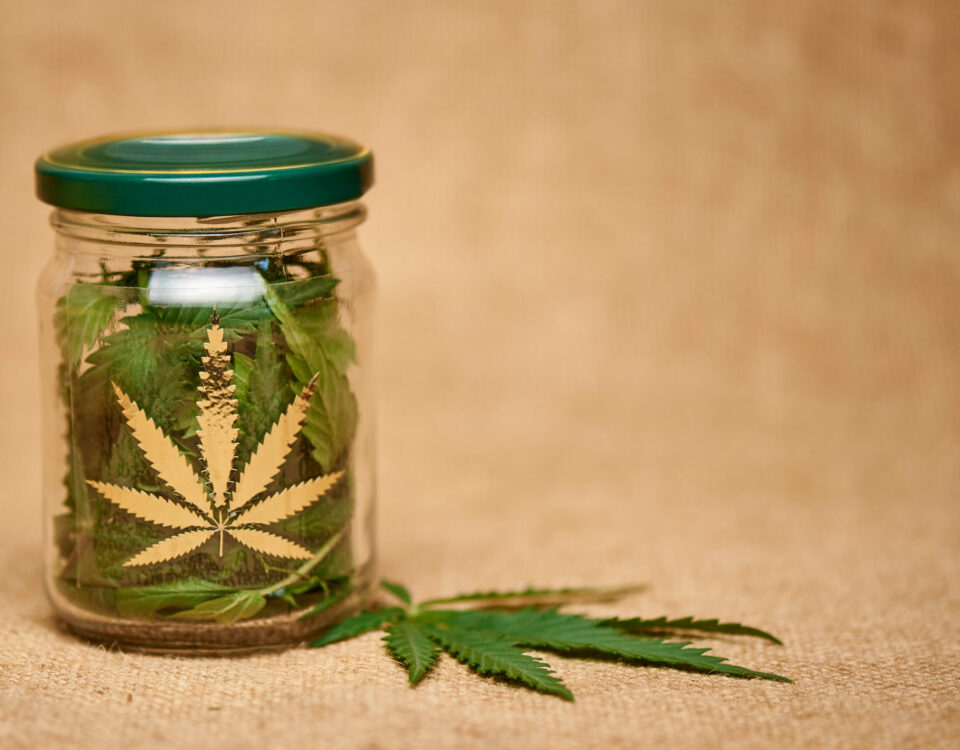The History and cultural significance of cannabis

The medical benefits and potential uses of cannabis
April 14, 2022
Discover the Premium Difference with AAA Grade Pre-Rolls
April 14, 2022
Early history of cannabis use
Cannabis has a long history of use in South Africa. The indigenous people of the region, including the Khoikhoi and San, used cannabis for medicinal and ritual purposes. It was also used for recreational purposes, particularly among young men. In the 17th century, Dutch colonizers introduced tobacco to South Africa, which led to a decline in the use of cannabis. However, cannabis use continued among certain communities, particularly the Cape Malay community. During the 20th century, the use of cannabis in South Africa became more widespread, particularly among the black population. This led to the introduction of laws prohibiting the possession and use of cannabis, which disproportionately affected black South Africans. In recent years, there has been growing interest in the potential therapeutic uses of cannabis, particularly for the treatment of chronic pain, epilepsy, and other conditions. However, cannabis remains illegal in South Africa, except for the use of medical cannabis with a prescription. Overall, the history of cannabis use in South Africa reflects its long and complex history in the region, as well as the social and political issues surrounding its use and regulation.
Spread of cannabis use in South Africa
The use of cannabis in South Africa has a long and complex history. The plant is believed to have been introduced to the region in the 17th century by European settlers who used it for medicinal purposes. However, cannabis use among indigenous South African tribes can be traced back much further, with evidence of its use dating back to at least the 15th century. In the late 19th and early 20th centuries, cannabis use became more widespread in South Africa, particularly among black communities. Cannabis was often used as a medicine, as well as for recreational purposes and spiritual rituals. However, as cannabis use became more associated with black communities, it also became stigmatized and criminalized. In 1922, the South African government passed the first law prohibiting the use of cannabis, and this was followed by further restrictions and penalties in the years that followed.

Despite these restrictions, cannabis use continued to be prevalent in South Africa, particularly among marginalized communities. In the 1980s and 1990s, the use of cannabis became more associated with political resistance and rebellion against the apartheid government. In recent years, there has been a growing movement in South Africa to decriminalize or legalize the use of cannabis, particularly for medicinal purposes. In 2018, the South African Constitutional Court ruled that it was unconstitutional to prohibit the use and cultivation of cannabis in private spaces, paving the way for greater acceptance and legalization of the plant.
Overall, the history and cultural significance of cannabis are complex and multifaceted, reflecting the plant's long history of use and its evolving legal and cultural status
Legalization of cannabis for medicinal and recreational use
In South Africa, cannabis was historically criminalized, but in 2018, the country's Constitutional Court ruled that the use and cultivation of cannabis in private for personal use was no longer a criminal offense. The ruling allowed for adults to grow and consume cannabis in private spaces for personal use, but selling and distributing cannabis remained illegal. In 2020, the South African government proposed a new bill to regulate the production and sale of cannabis for medicinal purposes. The bill would allow for the cultivation, production, and sale of cannabis for medicinal purposes under a license and would create a regulatory body to oversee the industry. In addition, there have been ongoing discussions about the legalization of cannabis for recreational use in South Africa. Some advocates argue that legalization could create economic opportunities and reduce the burden on the criminal justice system, while others express concerns about the potential negative effects of increased cannabis use. Overall, the legalization of cannabis for medicinal and recreational use in South Africa remains a complex and evolving issue, with ongoing debates and discussions about the best way to regulate and manage the industry.
Know more about what you smoke on a day-to-day?
HiPlug content straight to your inbox
Let's connect to share newsletters and more with you.


